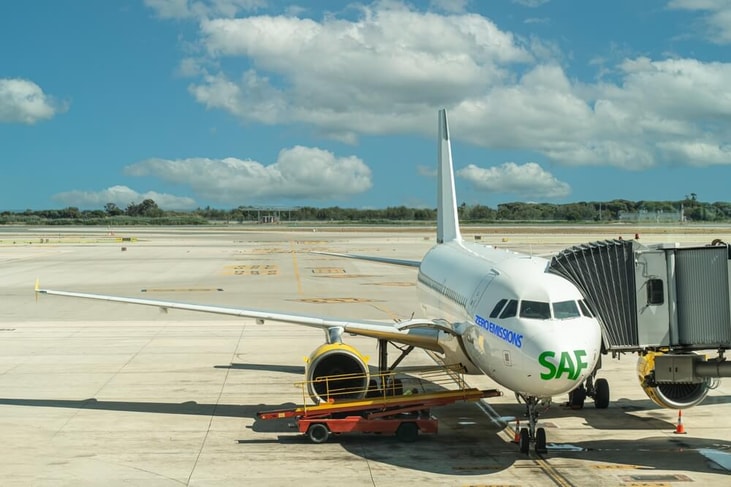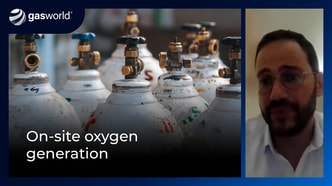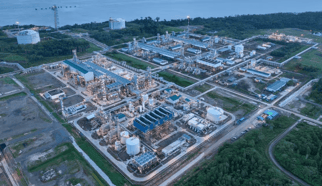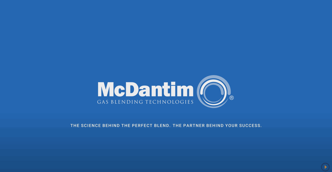Novel SAF process advances towards commercial adoption
A technology developed by California-based Universal Fuel Technologies (Unifuel) that upgrades renewable feedstocks into sustainable aviation fuel (SAF) has advanced through the initial qualification process which will support the fuel’s entry to commercial aviation markets.
The company’s ethanol-to-jet technology, known as Flexiforming, has been accepted into the ASTM D4054 Clearinghouse, which supports the technical evaluation of new aviation fuels for qualification.
“The acceptance into the D4054 Clearinghouse is an important validation of our Flexiforming technology and significantly derisks our road to approval for commercial use,” said Alexei Beltyukov, CEO of Universal Fuel Technologies.
The process is designed to assess the potential for new fuels to safely power aircraft engines. It involves several tiers of testing, data collection, and technical review by experts from leading aerospace companies.
“We accept candidate fuels into the D4054 Clearinghouse that show strong potential for completing the ASTM qualification process successfully,” said Dr Zachary West, D4054 Clearinghouse Director.
Earlier this year, the company completed a five-month pilot project which produced nearly 100 litres of SAF using four different pathways including methanol and ethanol conversion before undergoing testing by Washington State University’s Bioproducts, Sciences, and Engineering Lab.
“The samples of Unifuel’s Flexiforming SAF candidates show promise to proceed to full certification as aviation turbine fuel,” said Harrison Yang, Research Assistant Processor of the BSEL at Washington State University.
With its technology accepted, the company will go ahead with producing larger fuel samples for Tier 1 and Tier 2 testing required for full ASTM qualification.
“The initial qualification could come as soon as the end of 2026 as a blend component with fossil jet,” explained Denis Pchelintsev, Co-Founder of Unifuel. “From there, further testing is planned, with the goal of leading to a 100% drop-in fully synthetic jet fuel in the future.”
According to Unifuel, its technology uses 75% less energy and 33% less hydrogen than other processes for ethanol-to-jet applications and could therefore cut costs by up to half.
The technology can also be used to upgrade low-value naphtha byproducts from HEFA and Fischer-Tropsch processes into aromatic SAF, a type of jet fuel that is blended with synthetic aromatic kerosene or contains bio-based aromatics. These aromatics are necessary to replicate the energy density and fuel system compatibility of conventional fossil jet fuel.
Despite advances in technology, the path to widespread SAF adoption remains constrained by cost, feedstock availability, and the pace of regulatory approvals. Current SAF production represents less than 0.5% of global jet fuel demand, leaving a vast gap to bridge as airlines and governments push for more.
To accelerate market uptake, policies such as the US SAF Grand Challenge, the EU’s ReFuelEU Aviation regulation, and mandates in the UK and Japan are aiming to stimulate both production and demand through blending requirements, tax credits, and investment incentives.










